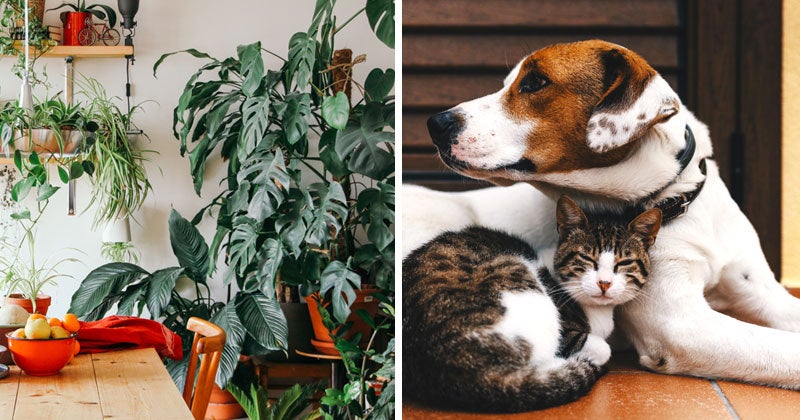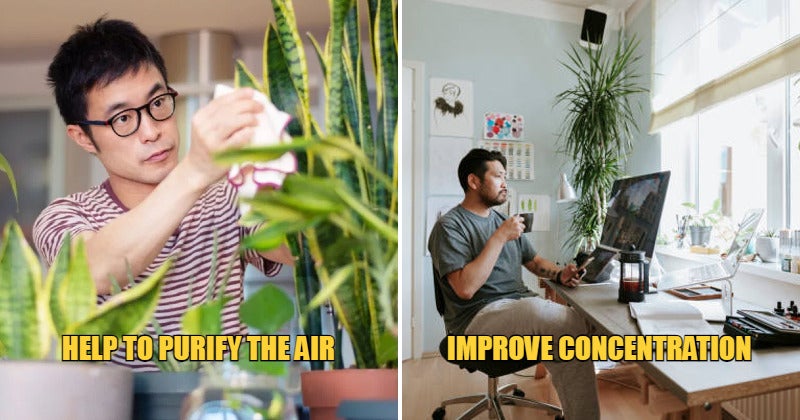Collecting plants has become a trending hobby for a while now, including in Malaysia. While there have been many proven benefits of having indoor plants in your home, you should also be wary of the type of plants you keep especially if you have pets. Unfortunately, there are several popular houseplants that are toxic to your cats and dogs when consumed.
So, if you’re a budding plant parent and you also have a furry friend at home, do check out this list so that you can keep them safe!
1. Peace Lily
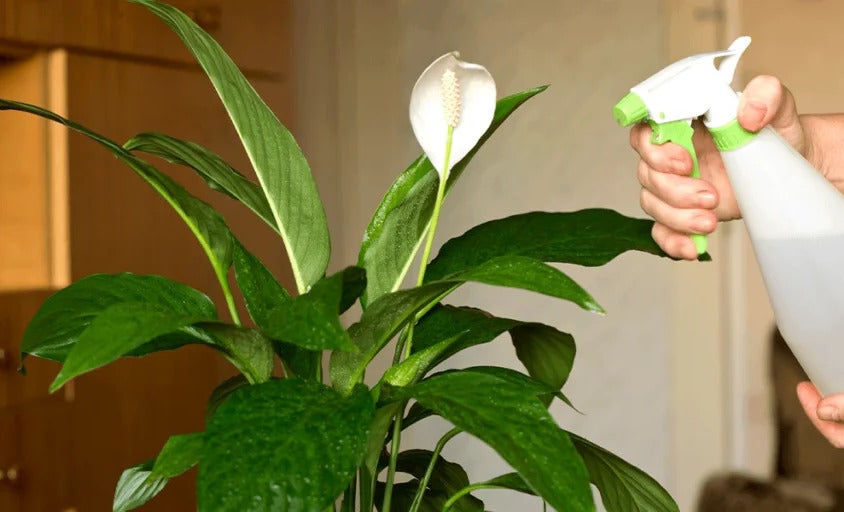
Peace Lily has a lot of benefits as an indoor plant such as reducing stress, purifying the air and offering Feng Shui benefits. However, this plant can be life-threatening for your cats and dogs if consumed. It can cause severe irritation on the mouth, lips and tongue, difficulty swallowing, excessive drooling and vomiting.
Safer alternative: White orchids
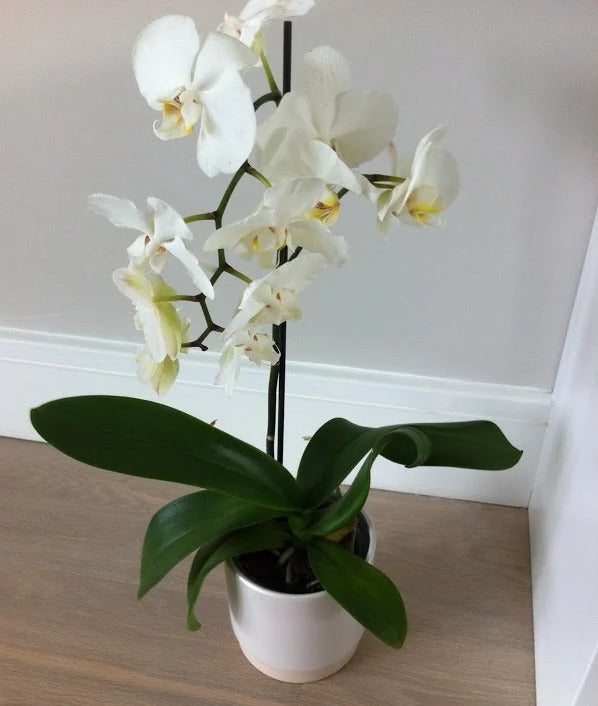
2. Monstera
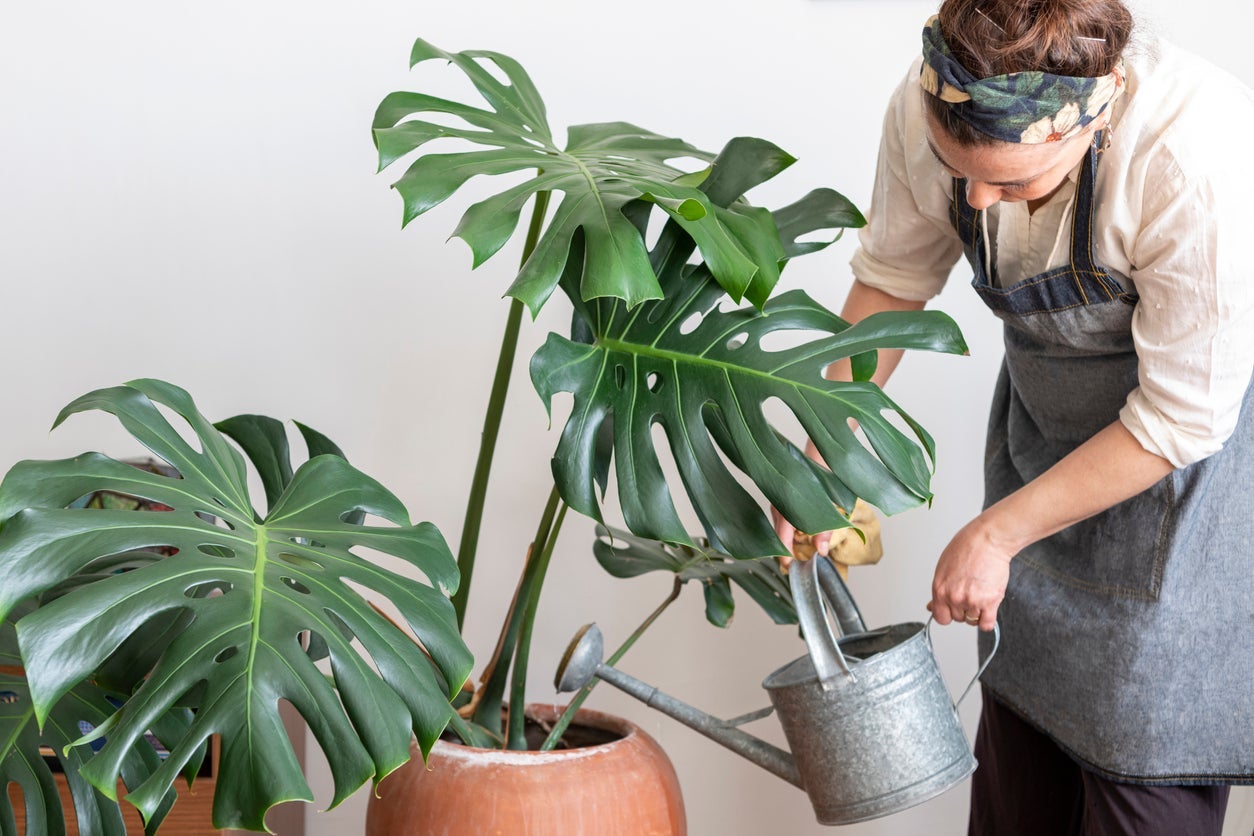
Monstera has become one of the most popular houseplants because they are fairly easy to take care of and they are able to thrive indoors. However, the Monstera plant (all species of it) is toxic to both cats and dogs as it contains a toxin called insoluble calcium oxalate which can cause irritation to the mouth, excessive drooling and vomiting.
Safer alternative: Chinese Fan Palm
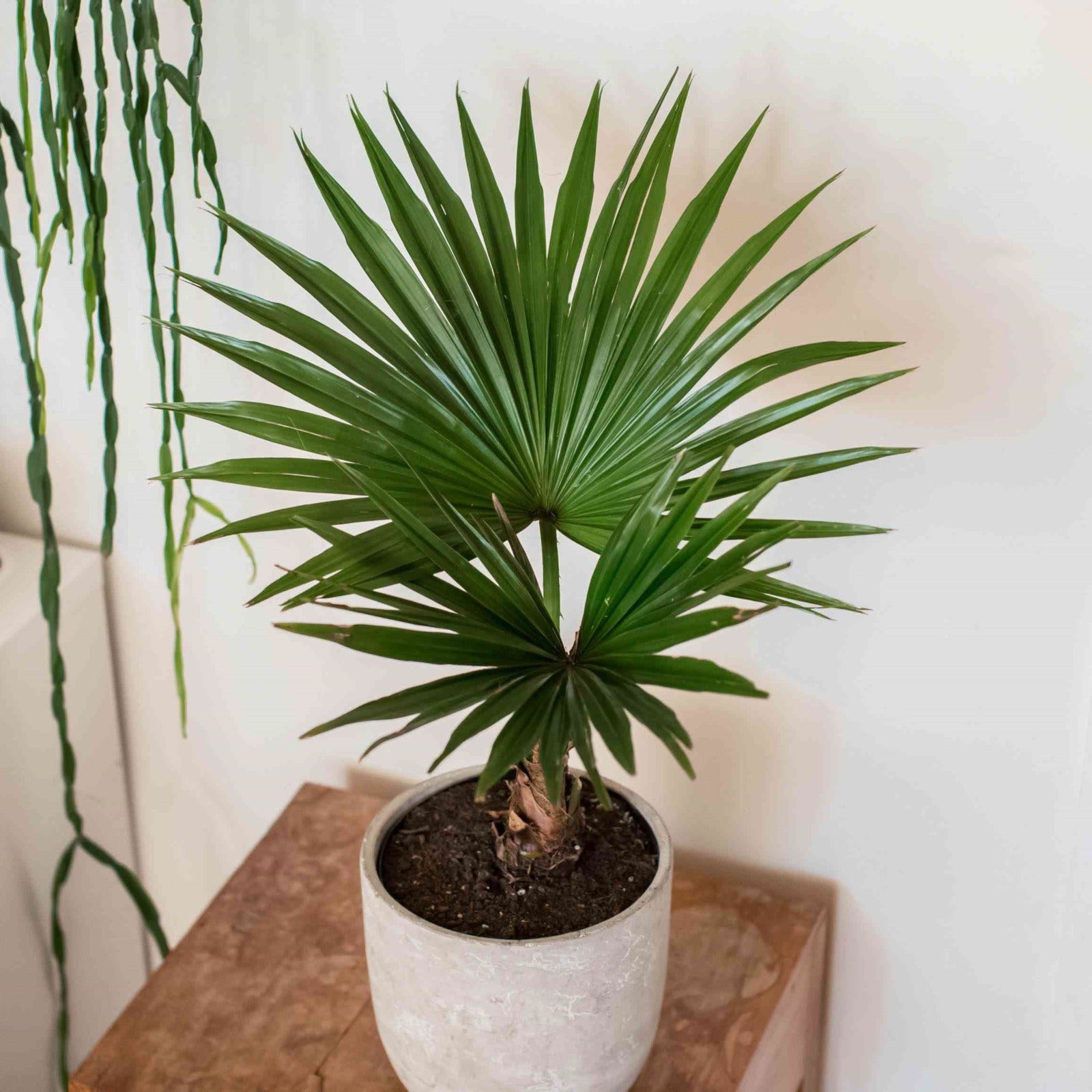
3. Aloe Vera
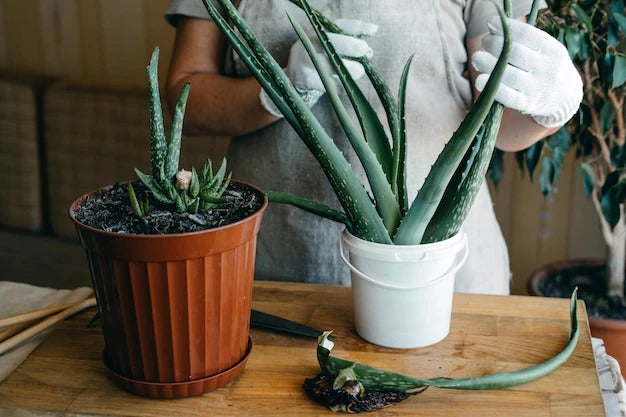
The gel within the Aloe Vera plant is considered a popular topical medicine for humans and a staple in many households. Unfortunately, the plant itself has a mild to moderate level of toxicity to cats and dogs (when consumed) because it contains toxins called anthraquinone glycosides which can cause vomiting and diarrhoea.
Safer alternative: Haworthia Zebra succulent
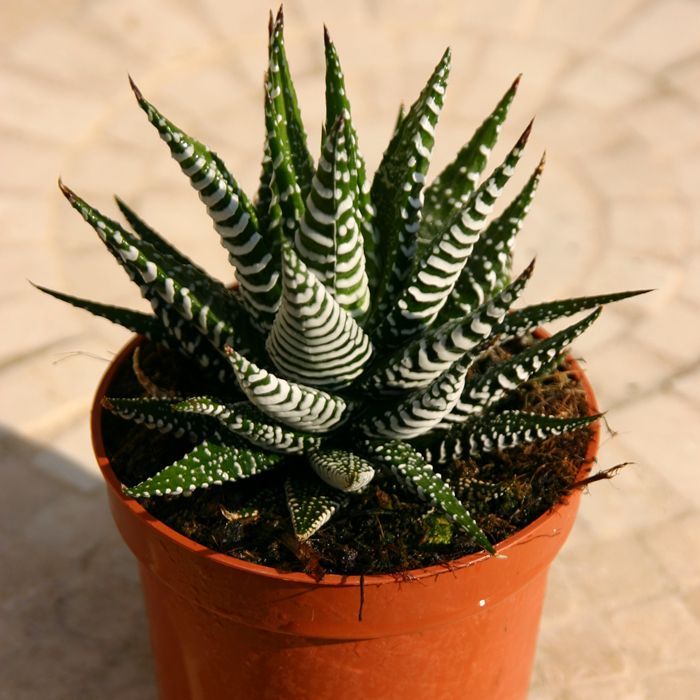
4. Snake plants
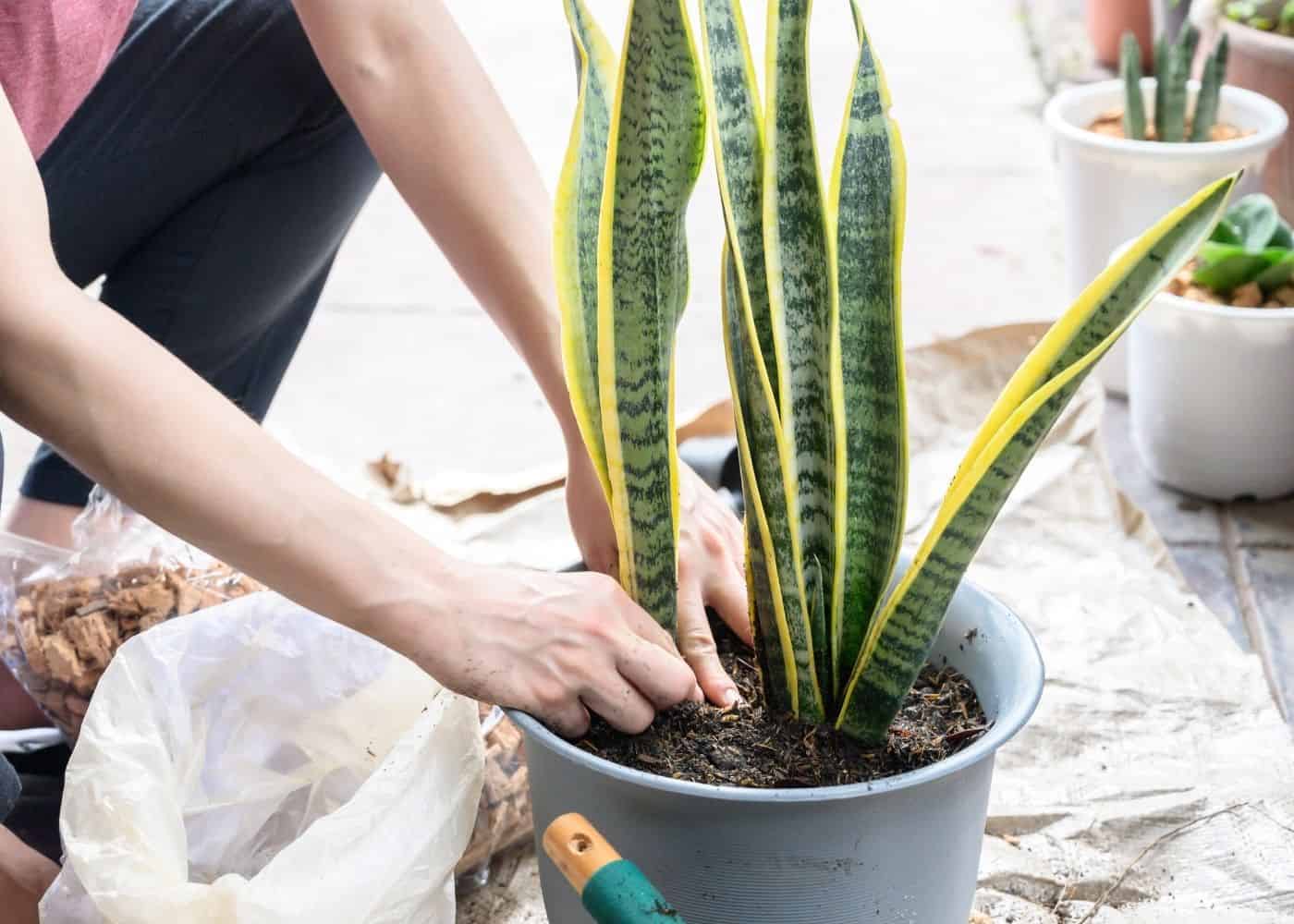
The Snake plant is also a very popular houseplant, mostly because it is one of the easiest plants to care for which makes it friendly for all households. However, it contains a chemical called saponins which can cause nausea, vomiting and diarrhoea when consumed. If your cat or dog has chewed/eaten a Snake plant, you should call your veterinarian’s emergency line immediately so that they can give instructions based on your pet’s symptoms.
Safer alternative: Spider plant
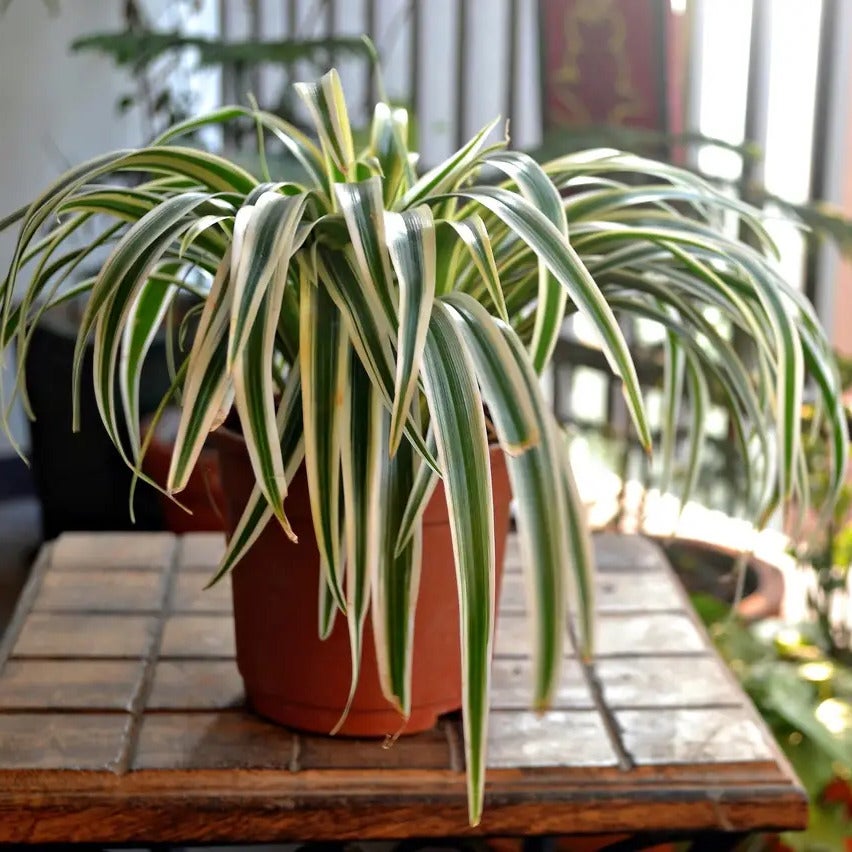
5. Devil’s Ivy/Pothos
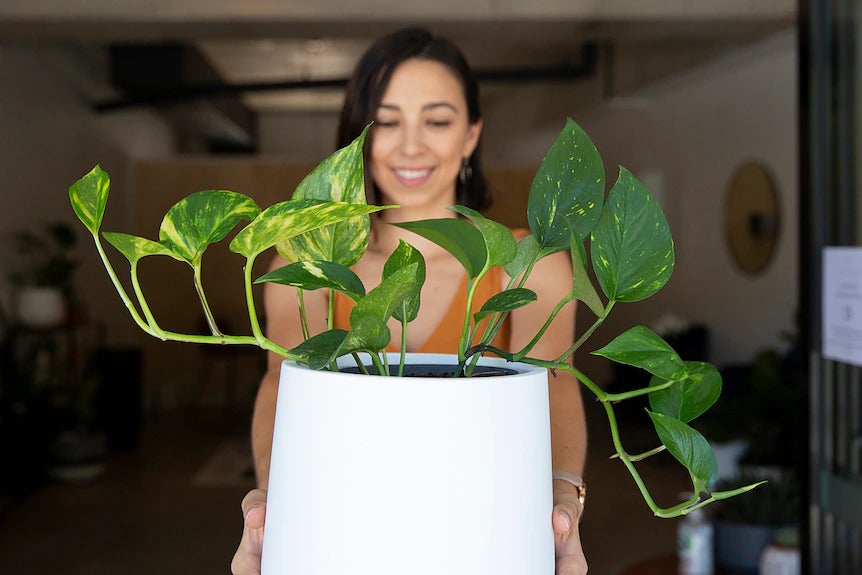
Plant owners love to keep Devil’s Ivy in their homes as a dangling plant because the leaves will cascade beautifully and it can even be a beautiful statement piece to any boring wall. But it contains insoluble calcium oxalate which makes it toxic for both cats and dogs and can cause oral irritation, intense burning, excessive drooling, vomiting and difficulty swallowing. Considering how this plant is often dangling and can seem like a toy to your pets, it is quite likely they might accidentally consume it.
Safer alternative: Chinese Money plant
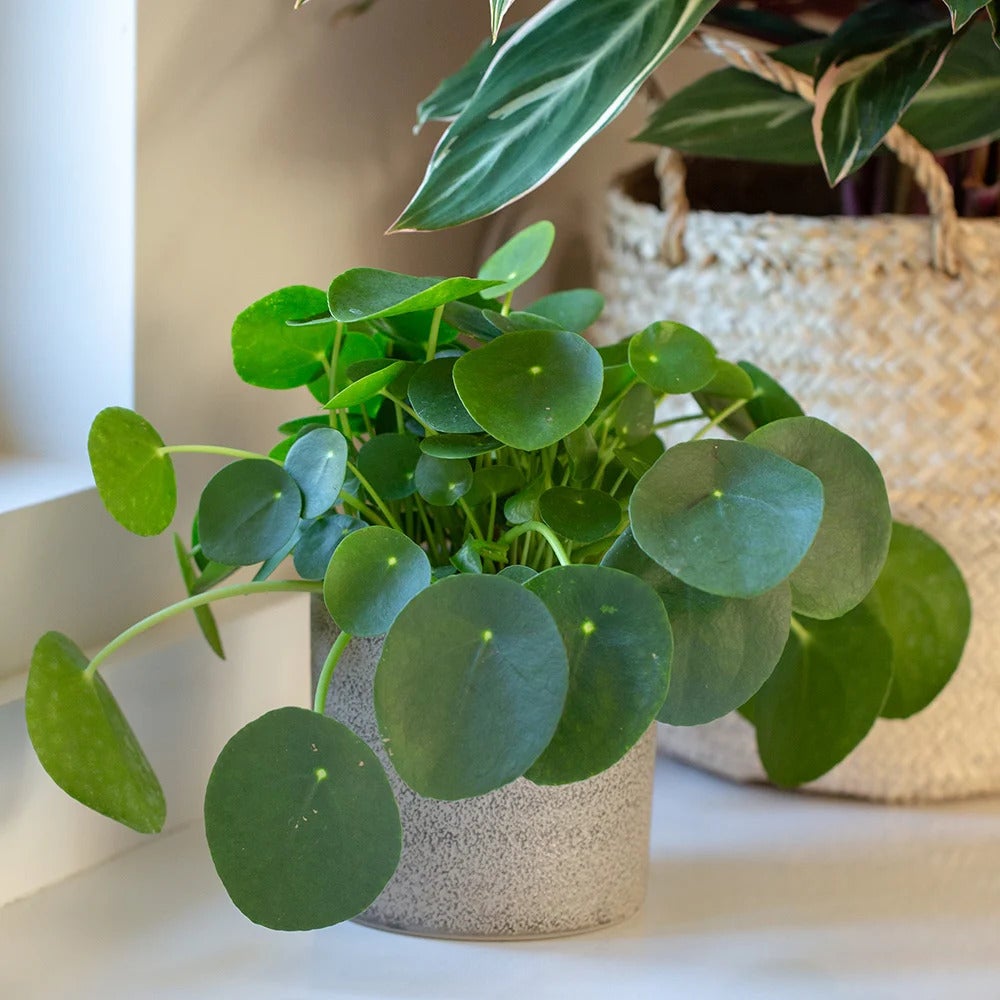
6. Fiddle Leaf Fig
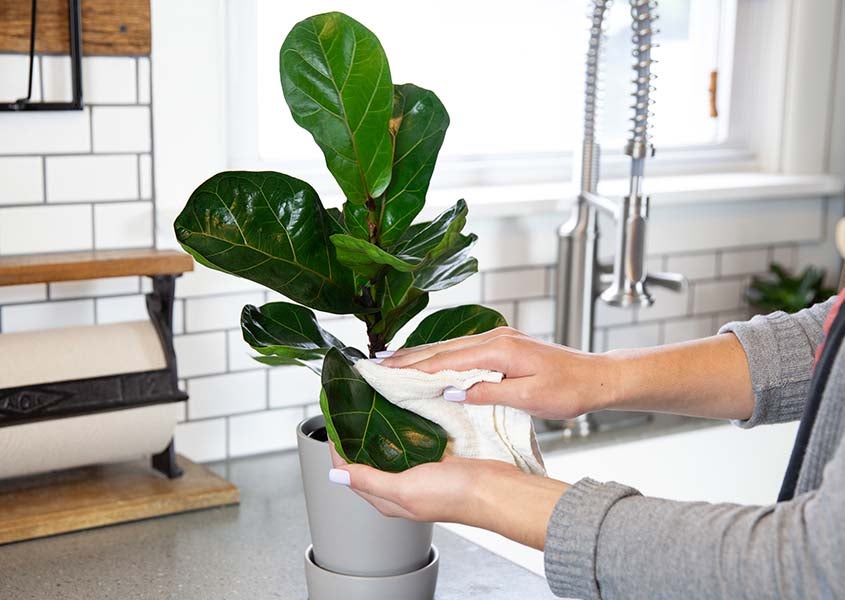
The Fiddle Leaf Fig plants have been another trending houseplant that is a favourite for all plant owners. Unfortunately, this plant is toxic for cats and dogs for containing toxins called ficin, furocoumarins, and ficusin. It can cause irritation to the skin and stomach, excessive drooling, and vomiting.
Safer alternative: Calathea Orbifolia (a species of Prayer plant)
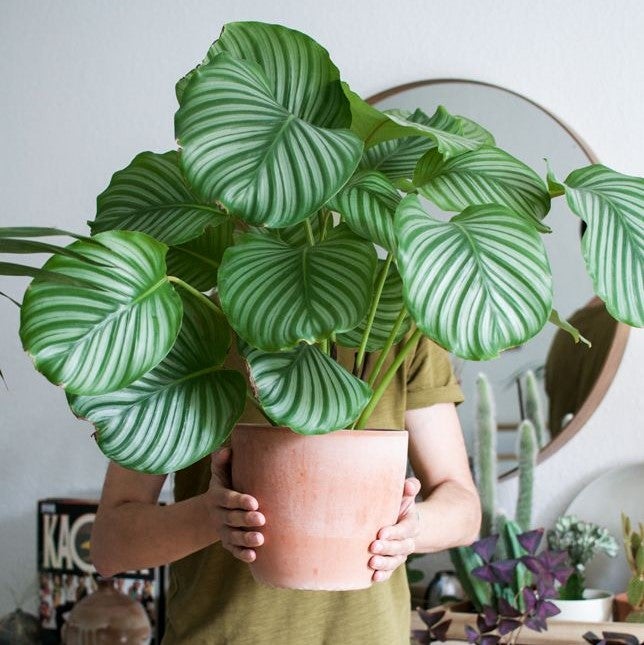
7. Dumb Cane/Dieffenbachia
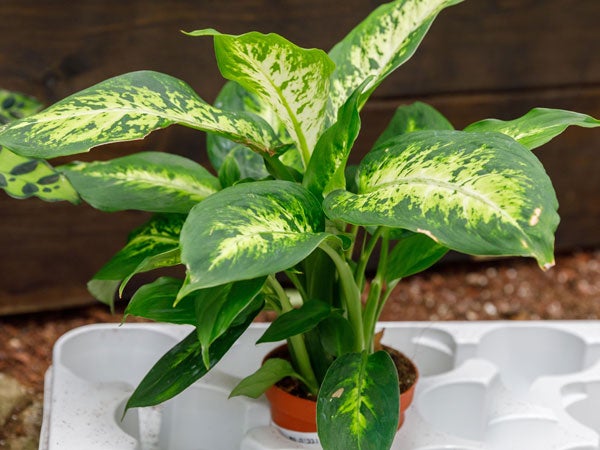
The Dumb Cane plant is adored by many plant parents due to its gorgeous two-tone leaves. However, just like the Monstera plants, it also contains the same toxin called insoluble calcium oxalate which is toxic to both cats and dogs and can cause drooling, oral irritation, decreased appetite and vomiting.
Safer alternative: Peperomia (all species)
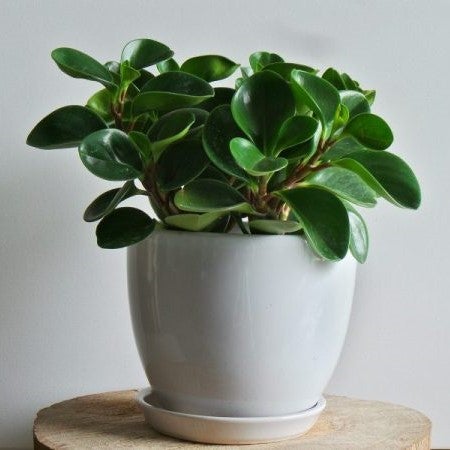
We get that most of these plants are very popular and it might be tempting to have them in your house. But it’s just as important for you to know your plants and consider the safety of your loved ones first! However, if you’re a pet owner and you really want to keep these plants or if you already have them at home, you can also try to place them somewhere that is out of reach from your pets such as the backyard, the balcony or in your outdoor garden where your pets are not allowed in.
Share this list with fellow pet owners you know and save their fur babies!
Read also: Plant Parents Unite: 6 Scientifically-Proven Reasons Why M’sians Should Have Indoor Plants At Home

